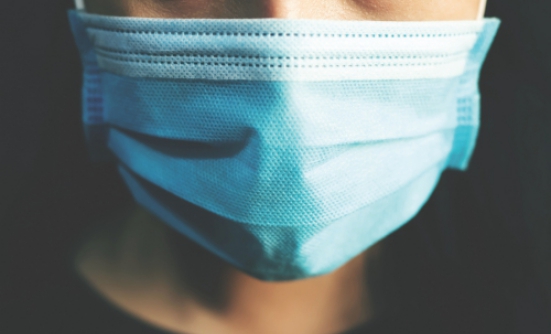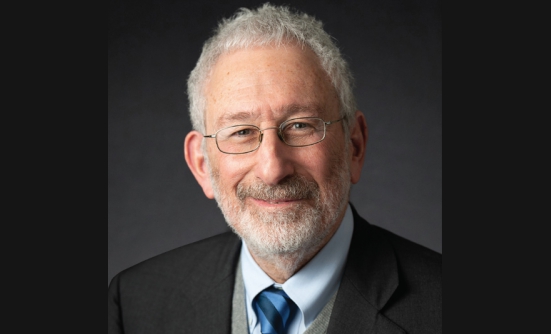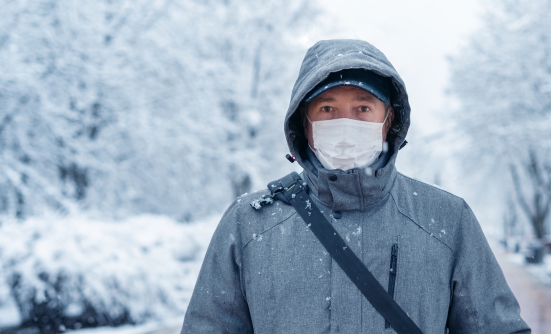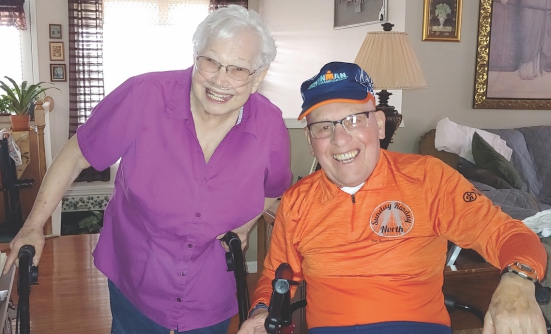The novel coronavirus, or SARS-CoV-2 (also referred to by researchers and the World Health Organization as 2019-nCoV), which results in COVID-19 disease,1 is responsible for a growing number of infections and deaths.
With the emergence of COVID-19, patients with cancer are facing especially high risk with this deadly disease, because of their weakened immune system. That is why continuing with cancer care and any needed special care is essential for patients with cancer now more than ever.
The novel coronavirus was introduced to the world in December 2019 when people in Wuhan, China, began to have symptoms of pneumonia.2 Since then, the pandemic has rapidly spread across the world, and hundreds of thousands of people have died from COVID-19 or are dealing with the consequences of this disease.
Transmission of Coronavirus
The novel coronavirus can spread very rapidly by being transmitted from one person to another in a population where someone is infected with this virus. The 3 important sites where the coronavirus can enter the body include the eyes, nose, and mouth.
Infection with the coronavirus occurs when large or small airborne particles of the virus enter these 3 organs via contact with an infected person or objects.3 If the coronavirus enters the body, this can lead to the formation of the COVID-19 disease. Although not all people who have this virus will have symptoms or severe disease, many people may have serious disease and medical consequences that can last for a long time.
In the early stages of COVID-19, patients can have the primary symptoms of a common cold, such as fever, dry cough, fatigue, and/or a headache. After about a week, the patient may have increasingly severe symptoms, such as shortness of breath, at which point the disease can become serious, and even life-threatening.4
Impact on Patients with Cancer
COVID-19 infection is more dangerous for people with weakened immune systems, such as patients with cancer or cancer survivors. Patients with cancer need to be especially careful, because having cancer can weaken the immune system, and because of the side effects of the medications that they may be taking, which in some cases may affect the immune system.
Furthermore, in these critical days, if patients with cancer go to the hospital at the same time as someone with COVID-19, they are at risk of becoming infected with the disease, so taking extra precautions is necessary.
The coronavirus crisis has led to the passing of laws to create different travel restrictions between countries as well as within countries. These restrictions have resulted in some patients remaining in cities with few treatment facilities they can access, which can endanger their lives, so finding other facilities may be needed.
Although a face-to-face examination by a doctor is more effective than a remote visit for many situations, especially for patients with cancer, physicians have had to resort to the use of telehealth and advise some of their patients remotely by phone or video chat.
However, it is important for patients with cancer who are receiving active treatment to continue their face-to-face treatment with their cancer care team, because cancer does not wait until the pandemic will be over, and it must be properly treated in a timely manner.
Impact on Cancer Research
In addition to the health crisis, the coronavirus pandemic has also created an economic crisis that includes local and state governments, including health insurance companies and health organizations, which may lead to a reduced or lack of funding for cancer research, thereby slowing the development of new cancer therapies.
Cancer researchers today are facing problems resulting from the coronavirus outbreak that can have direct and indirect negative effects on patients with cancer. Some of these problems are:
- International cancer researchers are unable to convene as in the past to share their research findings and new data, because of travel restrictions and restrictions on large group meetings
- Many research centers located in hospitals can become a center for a COVID-19 outbreak and create a central location for transmitting the disease, especially among medical professionals
- COVID-19 research has become a priority for many scientists, and cancer research has been replaced by COVID-19 as the priority for some researchers
- Cancer research sponsors may no longer support cancer treatment development as before the coronavirus pandemic, resulting in a shortage of funding and a financial crisis.5
Focus on Cancer
As we all know, the novel coronavirus is a key problem in today’s world. In many TV programs and on social media, COVID-19 is often the topic of the day. All around the world, scientific, health, and pharmaceutical companies are working hard to develop vaccines against the coronavirus, as well as treatments for people who are infected with COVID-19 around the world. In fact, researchers are currently investigating some cancer treatments to see if they could also be used for the treatment of patients with COVID-19.6
However, the needs of patients with cancer and cancer research should not be forgotten during this time. Research on COVID-19 should not eliminate cancer research discussions, and should not financially burden patients with cancer or reduce cancer research budgets.
Medical researchers and other healthcare personnel need to continue to fight COVID-19 as well as other life-threatening diseases such as cancer and continue to support patients with cancer and cancer research. If they don’t, there will be direct and indirect effects on patients with cancer and on cancer research, which can create a new major healthcare catastrophe.
References
- World Health Organization. Novel Coronavirus (2019-nCoV) Situation Report 10. www.who.int/docs/default-source/coronaviruse/situation-reports/20200130-sitrep-10-ncov.pdf?sfvrsn=d0b2e480_2.
- Huang C, Wang Y, Li X, et al. Clinical features of patients infected with 2019 novel coronavirus in Wuhan, China. The Lancet. 2020;395:497-506.
- Peng X, Xu X, Li Y, et al. Transmission routes of 2019-nCoV and controls in dental practice. International Journal of Oral Science. 2020;12:9.
- Li H, Liu SM, Yu XH, et al. Coronavirus disease 2019 (COVID-19): current status and future perspectives. International Journal of Antimicrobial Agents. 2020;55:105951.
- Saini KS, de Las Heras B, de Castro J, et al. Effect of the COVID-19 pandemic on cancer treatment and research. Lancet Haematology. 2020;7:e432-e435.
- National Cancer Institute. Cancer drug may reduce symptoms of severe COVID-19. June 16, 2020. www.nih.gov/news-events/nih-research-matters/cancer-drug-may-reduce-symptoms-severe-covid-19.















